|
Ludwig Wittgenstein actually produced TWO CONFLICTING PHILOSOPHIES OF LANGUAGE: The first is based on Bertrand Russell's ideas about turning language into a set of clear logical relationships, which he criticizes and expands. But the second is a total rejection of the idea that language is "logical" at all! Instead, Philosophical Investigations compares language a kind of game that we play, in a particular context, with other people, to accomplish a particular goal. I'd like you to watch this video about the dual theories, and then post your observations in the comments. You can tell me which theory you think is "better," and why, or you can compare and contrast them, explain why you think his views changed, etc. But remember, Wittgenstein famously tells us we should keep silent if we have nothing important to say. So think of something good!
27 Comments
Albert Camus is the most badass of philosophers. Initially a journalist, he became a fighter in the French Resistance against the Nazis. After WWII, he befriended Jean-Paul Sartre and Simone de Beauvoir, who were part of the rising Existentialist movement that came to dominate intellectual life in France for decades. But Camus disagreed with their ideas. Where they talked about GIVING life a meaning, Camus advocated living life WITHOUT meaning. This makes him sort of a Nihilist (he preferred the term "Absurdist") - and yet his is a philosophy of joy and celebration! Camus's philosophy begins with what he considers the only question of any real importance: Given the apparent pointlessness of all human life, why shouldn't we just commit suicide? He gives his answer in a famous essay based on the Greek Myth of the cursed Sisyphus: It's worth noting that Camus may have been able to get away with this simple argument because he was quite an attractive man, especially when placed alongside his "frenemy" Jean-Paul Sartre: YOUR TASK IN THE COMMENTS IS TO EXPLAIN THEIR PHILOSOPHICAL DEBATE, THOUGH. IN OTHER WORDS, HOW IS CAMUS REJECTING SARTRE'S EXISTENTIALIST IDEAS HERE???
The classic 80's comedy Ferris Bueller's Day Off turns out to be a perfect representation of the philosophy of Existentialism. This becomes very clear if we bring in two later Existentialist thinkers, Martin Heidegger, Jean-Paul Sartre, and Simone De Beauvoir who wrote around WWII. Their beliefs are as follows: You have completed three journals on Ferris Bueller and Nietzsche's early existentialism: 1. What defines "good"? Is Ferris a good person? Why or why not? 2. Define Nietzsche's "Overman" versus "Last Man." Give examples from the film. 3. Where is Ferris or Cameron in Nietzsche's process of the "three metamorphoses of the spirit"? Now you will continue with three final journal entries about these new thinkers: 4. Would Heidegger see Ferris, Cameron and as "authentic"? Why or why not? 5. How is Rooney or another adult in the film an example of Sartre's "bad faith"? 6. What would Simone De Beauvoir tell Sloane about living authentically as a woman? The story of this unit's movement from Kant's philosophy to Nietzsche's is the story of a transition from the rationalistic culture of the Enlightenment to the modern confusion that led to Existentialism. Both focus on the Individual, but in different ways. Your test will therefore focus on the different frameworks for understanding the Individual subject's place in the objective universe developed by Hegel, Schopenhauer, Kierkegaard and Nietzsche. Your goal for this post is to compare and contrast how two of these thinkers explained that relationship. The chart below might help you get started: it details each philosophers core views in straightforward statements.
(This is what will be on the upcoming test; I highly suggest printing it out and adding to your notes!) Your assignment is to take some basic introductory notes on Nietzsche's ontology, epistemology and axiology, using the document of quotes below as well as any or all of these 8-bit philosophy videos on his ideas:
ARTHUR SCHOPENHAUER is the most pessimistic of philosophers. He is the first to openly take the position of NIHILISM, the idea that the universe's existence is random and meaningless. Learn about him from this video about his worldview and this one on his philosophic system. SOREN KIERKEGAARD is another depressed philosopher uncertain whether life truly has any meaning. But unlike Schopenhauer, he chooses to make a "Leap of Faith" and embrace religion as a cure for his despair. So the difference between Schopenhauer and Kierkegaard involves whether or not to believe there is some higher purpose in the face of the new doubts opened up by Kant's philosophy. Watch this video on Kierkegaard's values, and this on his philosophy. The term “Modernism” is unavoidable when talking about the transition from 1800s and 1900s. It refers to the radical new outlook that arose in response to the sense of great technological and cultural change that characterized this era. In response to Writers like Fitzgerald and Faulkner exemplified modernism in literature through their intense focus on subjectivity and experiments with story structure. Similarly, Kant’s focus on the individual knowing subject represents the beginning of modernism in philosophy. It opens up the question of how each person’s world is related to the reality “out there,” which leads philosophical inquiry in remarkable new directions. At the same time, it unleashes the frightening idea that reality itself is without meaning, a view called Nihilism. Kant has shown that an outside world exists, but left us to grapple with the possibility that it is without purpose. HEGEL, SCHOPENHAUER, and NIETZSCHE (KNEE-cha) are the key philosophers who respond. We'll begin with Hegel, who rethinks Kant's philosophy by introducing CHANGE into the idea of our mental organization: (Kant is the white-haired guy; Hegel is the brown-haired on with sideburns. Both are German.) The key idea in Hegel's philosophy is that understanding is always a process. Kant wants to simply split the individual person as a perceiving subject from the world of things-in-themselves that our mental categories organize into the objects we experience. Hegel says we have to factor in the process by which the subject comes to know and distinguish itself from objects. This means that the individual is part of history, changing over time as they develop greater self-understanding. There is no one universal, unchanging human "operating system," but an evolving consciousness. Hegel's goal is to figure out how knowledge of the Whole, all of reality, is possible for a subject. He wants to get beyond Kant's limitations on possible knowledge and see all as, ultimately, One Mind: To begin making sense out of these complex ideas, start with these videos and take notes:
School of Life on Hegel 8-Bit Philosophy on Hegel Macat on Kant and Hegel Then write a short post explaining anything you "got" about Hegel in your own words (20 pts)! Here is the text of the NPR article about biologist Donald Hoffman, with his TED talk at the bottom.
Re-read the short text if you need a refresher, then watch the 20-minute discussion. Afterward, post your thoughts on the relative truth and importance of this theory, as well as any questions it raises. Bonus points if you can make explicit the connections to Kant inherent in Hoffman's ideas. Over the past few classes we've been discussing David Hume's empirical skepticism, including his belief in the is/ought or fact/value gap, and his theory of two kinds of truth, a.k.a. "Hume's fork." At the same time, we watched this video claiming that Hume is wrong, and humans are born with a moral sense that can be demonstrated through scientific experiments with babies.
Give me a one-paragraph or several-bullet response to the researchers' claims. Do you think Hume is right that we should be skeptical about these sorts of arguments? Why or why not? What's your theory of the status of morality, based on your own observations? (25 points) We initially discussed Locke as a political philosopher, whose theory of the social contract justified government only in defense of individual's "natural rights" to life, liberty and property. Now we're looking at his empiricist epistemology: the theory that all knowledge comes from sense experience.
Watch the first five-and-a-half minutes of this video for a recap of Locke's ideas in context. Then, for 25 points, answer any one of these questions about Locke's philosophy in a short post (5 sentences or bullet points) a. Is Locke correct that we all see the same objects, but perceive and interpret them somewhat differently? If so, should think make us more or less skeptical of our knowledge? b. Some think Locke's theory of the mind as a "blank slate" ignores our instinctual understanding of moving, eating, etc. Do you think instinct should be considered a form of knowledge? c. Do you see any connection between Locke's empiricist epistemology and his political ideology? |
AuthorWrite something about yourself. No need to be fancy, just an overview. Archives
January 2017
Categories |
||||||
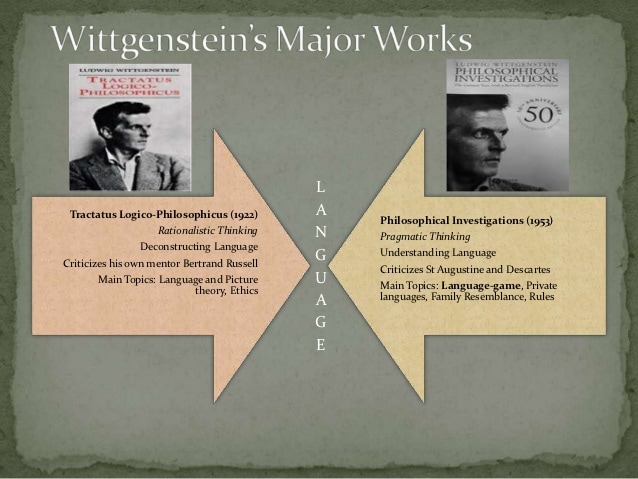
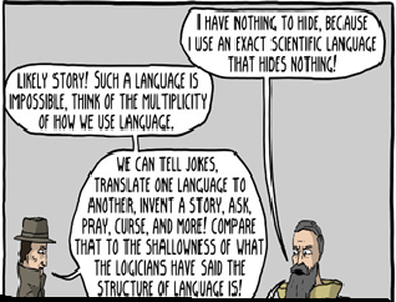
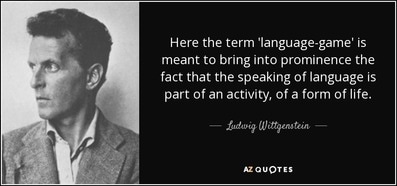
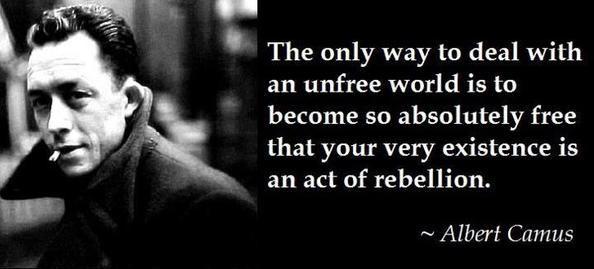
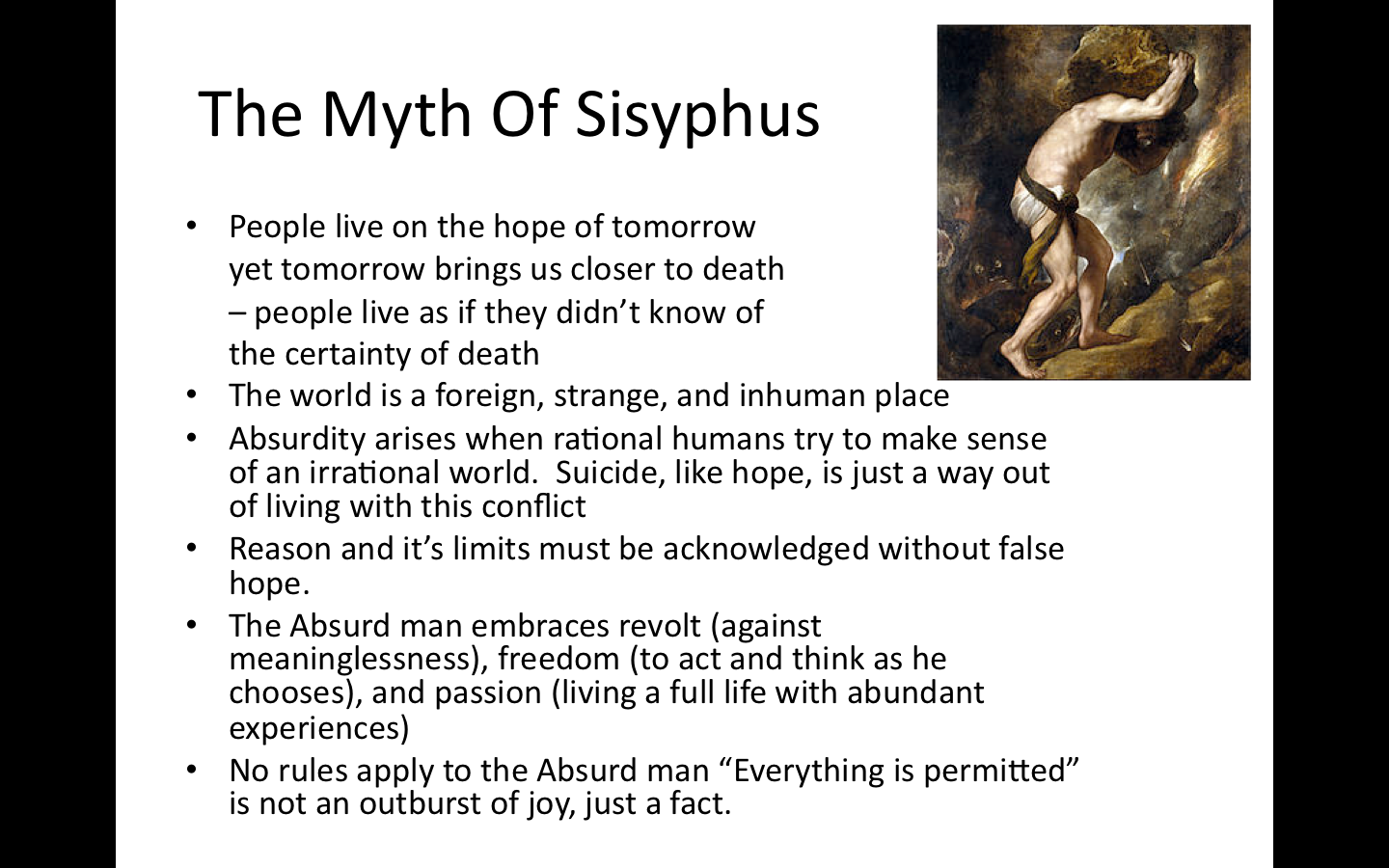
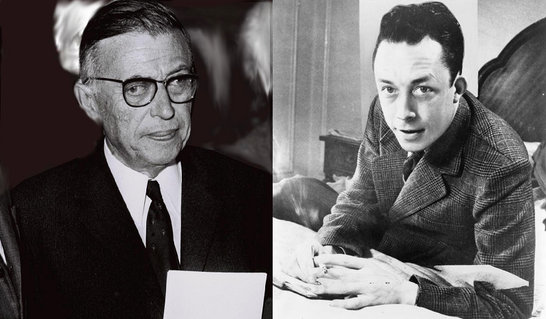
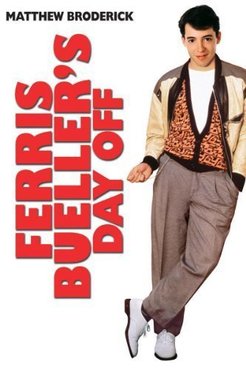
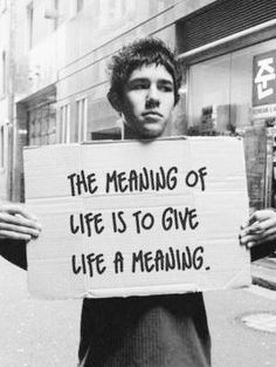
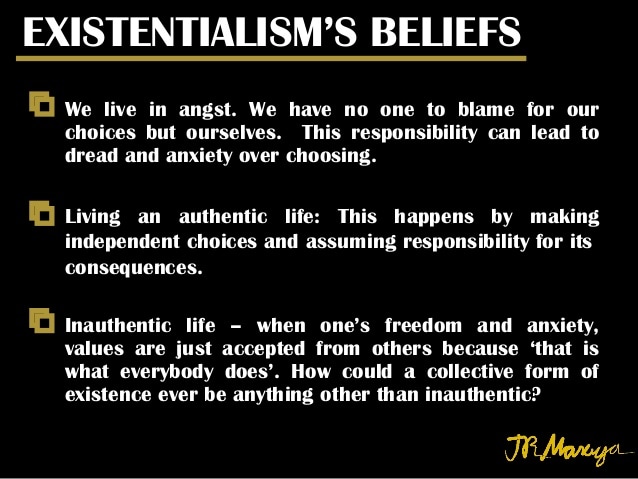
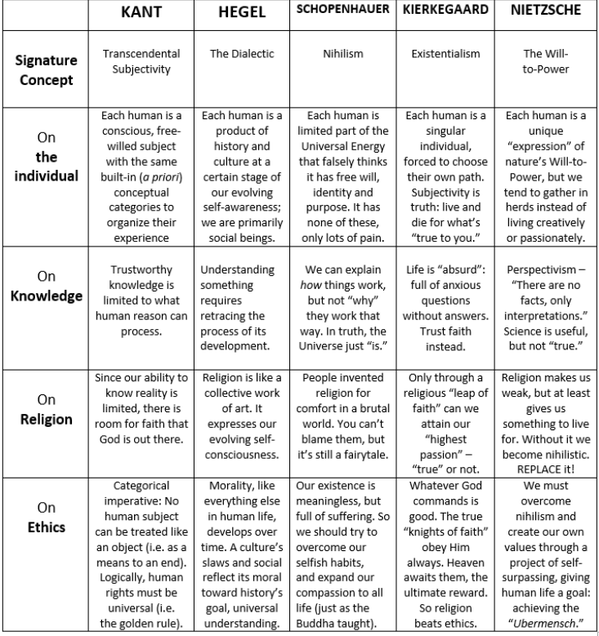
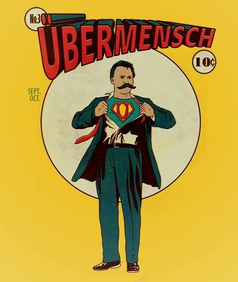
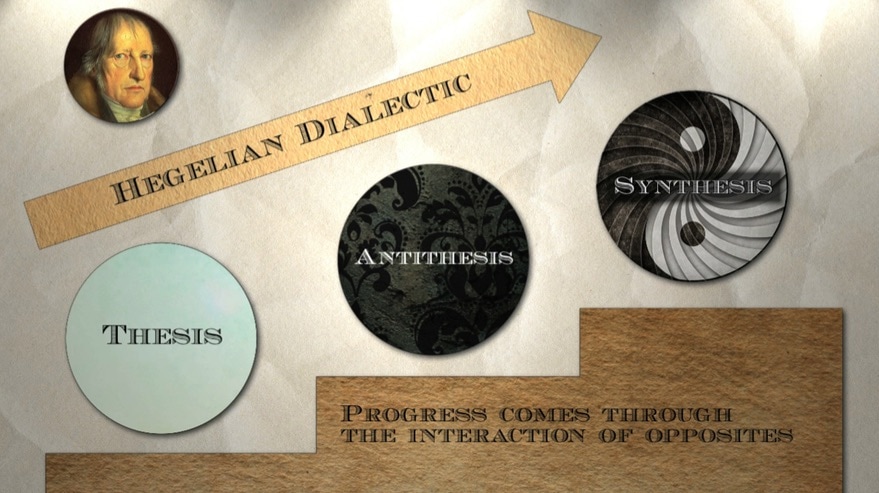
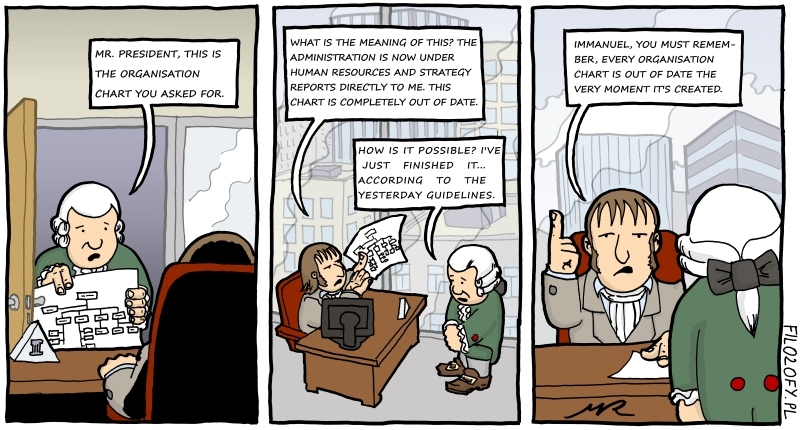
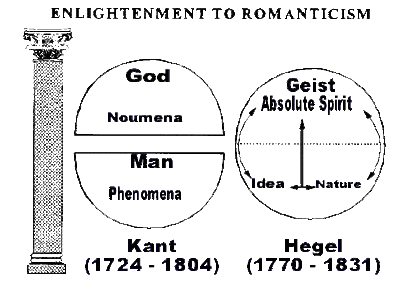
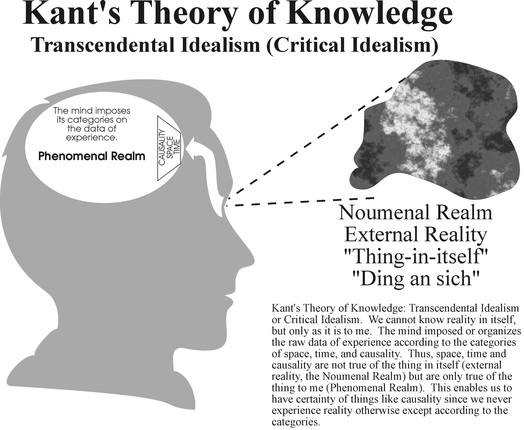
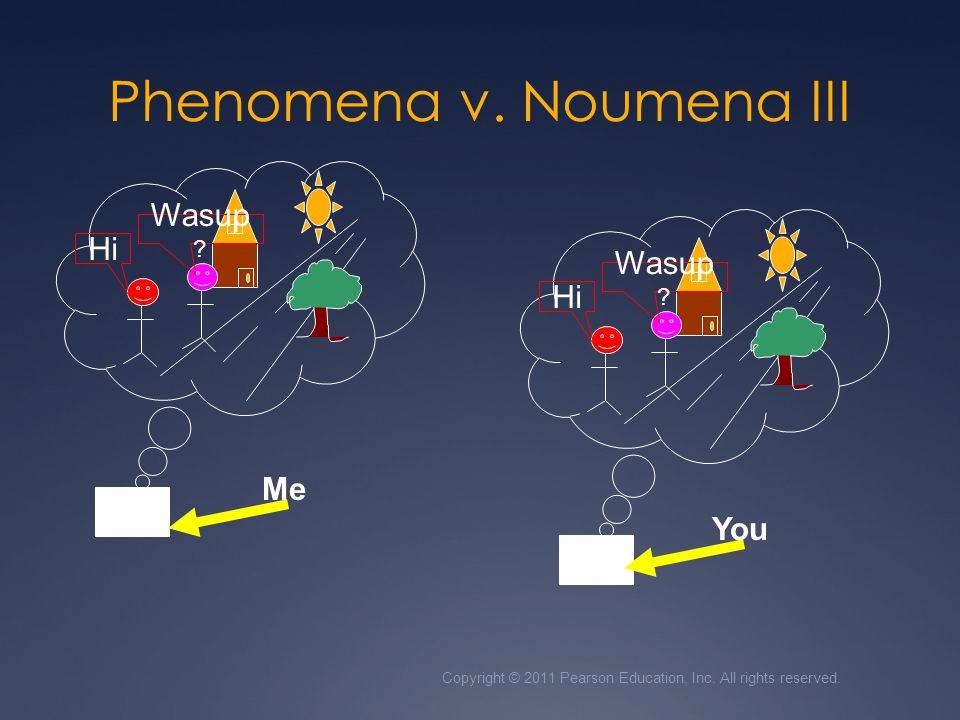
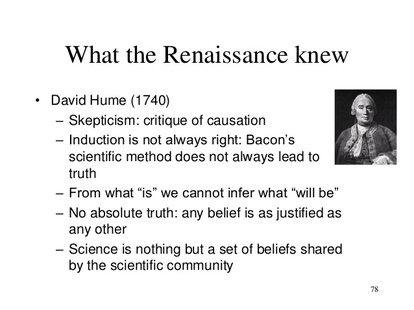
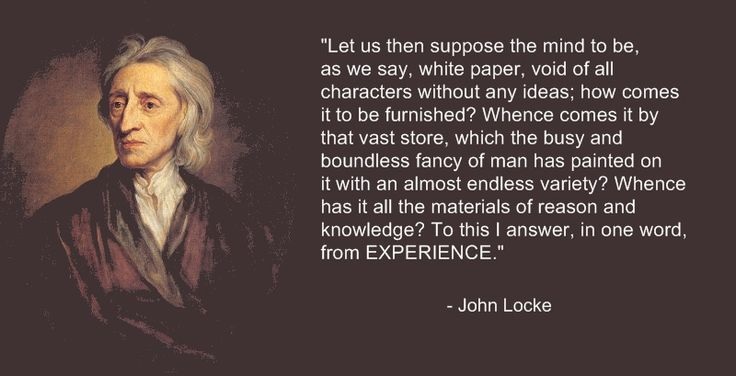
 RSS Feed
RSS Feed
